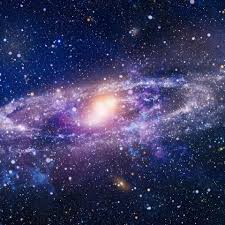
After earning a Master's degree or an equivalent undergraduate degree in physics, astronomy, or mathematics, a Ph.D. in Cosmology normally takes 4-6 years to finish. Advanced subjects like general relativity, quantum cosmology, dark matter, dark energy, the early universe, and the large-scale structure of the universe are the main focus of the program. In order to explore basic issues regarding the universe's beginnings, development, and destiny, students participate in demanding courses, research, and computational modeling. Graduates frequently pursue academic or research posts at universities, observatories, and space organizations, contributing to scientific developments in theoretical and observational cosmology.